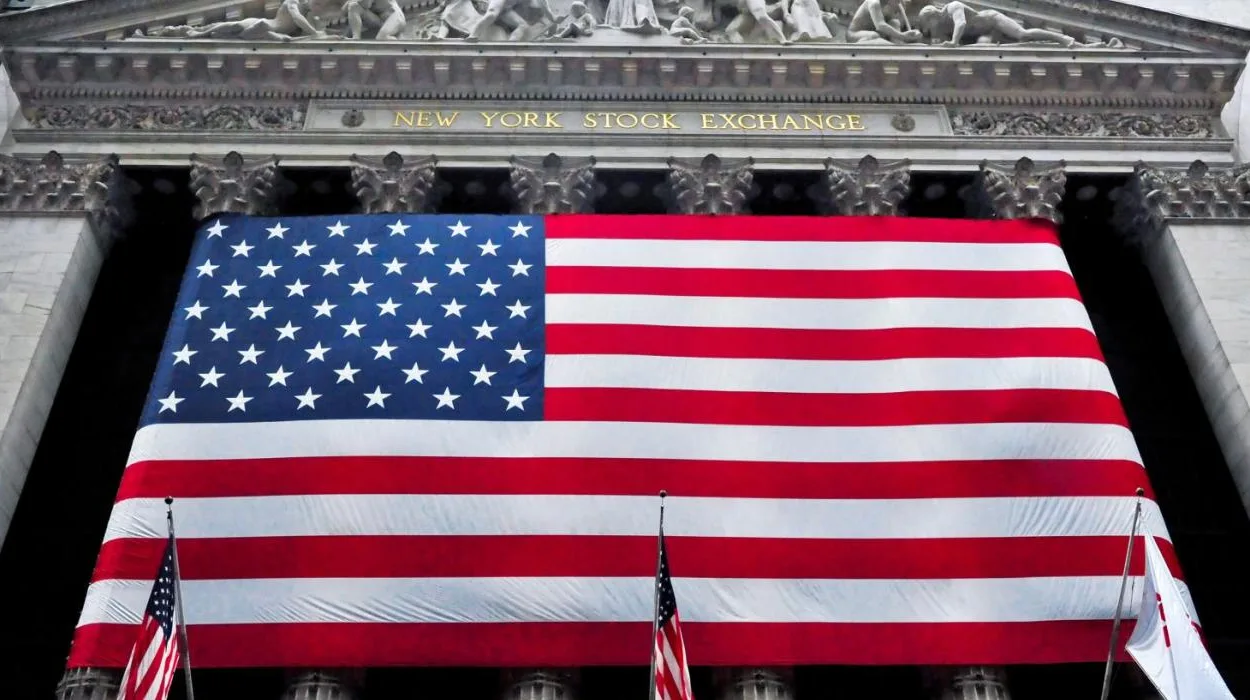USA (Washington Insider Magazine) – Amid a turbulent economic landscape, Franklin Templeton’s Chief Market Strategist, Stephen Dover and other investment managers, discuss the varying outlooks for the U.S. economy. Recent economic data has caused concern, but Dover emphasizes it’s too early to definitively predict a recession. He notes that while indicators like rising jobless claims and a weak July employment report raise alarms, other data, including the non-manufacturing ISM survey and second-quarter GDP figures, suggest more stability.
The sharp declines in global equity indexes, bond yields, and commodity prices have led to a cautious stance from Dover on global equities. He anticipates that growth-oriented investments may outperform value ones, especially during economic slowdowns, but warns of potential earnings disappointments, particularly for small-cap stocks. Dover highlights the difficulty in diversifying equity risk by region during significant market corrections, urging investors to be cautious about stepping in too soon.
Dover has previously advocated for extending duration in U.S. Treasuries, but due to yields drop, he suggests it might be the time to take some profits. Although he observes that given the drops in equity prices, corporate spreads haven’t widened as much as anticipated, he nevertheless sees selective opportunities in higher-grade and higher-yield companies. The prognosis for non-US fixed-income markets is still hazy, primarily for US investors, as the US dollar’s volatile value plays a major role.
Alternative Investments: Strategic Approaches in Uncertain Times
According to FamilyWealthReport, Dover advises caution with private equity, favoring secondaries within that asset class due to rising fundamental risks. He finds private credit more appealing, particularly as banks become more conservative in lending, potentially leading to better pricing opportunities, Dover believes long-term investors may find attractive discounts but stresses the need to choose top-performing managers during market disruptions. Federal Reserve’s Role: Interest Rate Cuts and Market Reactions
Dover and other analysts believe that the Federal Reserve will lower interest rates; the decrease could begin as early as September and could be as much as 25 basis points. He points out that regardless of whether the economy goes into a recession, historically, equities markets have tended to do well in the year that follows the Fed’s initial rate cut.. However, he also warns that global economic constraints might slow down positive market reactions to these cuts.
As concerns about a possible recession grow, Dover points out the lack of global economic support, with China, Europe, and Japan unlikely to provide significant stimulus. This global hesitation, combined with U.S. political dynamics, could lead to slower market recovery, even in the face of potential Fed rate cuts.


























